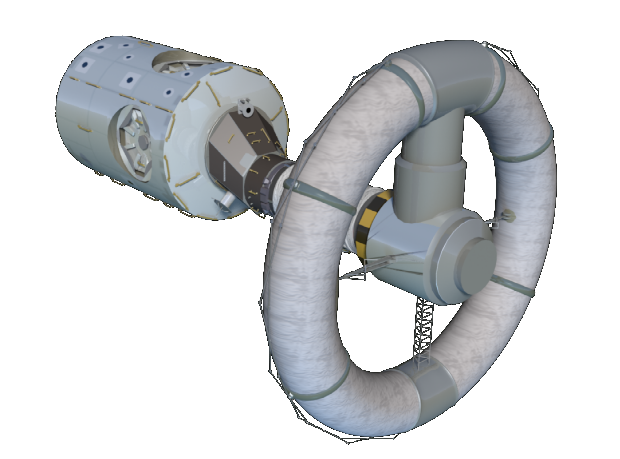The best candidate is good ol' Jules Verne, whose 1865 novel, From the Earth to the Moon, and the 1870 follow-up, Around the Moon, nailed a lot of the minutiae of a moon visit, including weightlessness, the basic size of the space capsule, the size of the crew (three men), and even the concept of splashdown into the ocean on return to Earth. In one of those fun coincidences, the fictional splashdown in Around the Moon was just a few miles from where the actual Apollo 8 capsule splashed down (and, interestingly enough, the fictional launch pad was just a few miles from Cape Canaveral). Several others in the following link.I'm amazed at how often science fiction writers get it right. However, there are always exception, such as Orwell's 1984.
In written form, I'd be interested in knowing one or two prominent examples?
I've been reading SF since 1955 and really can't think of any. Maybe I was reading the wrong authors, or my memory doesn't serve me well.
10 Things Science Fiction Got Right





